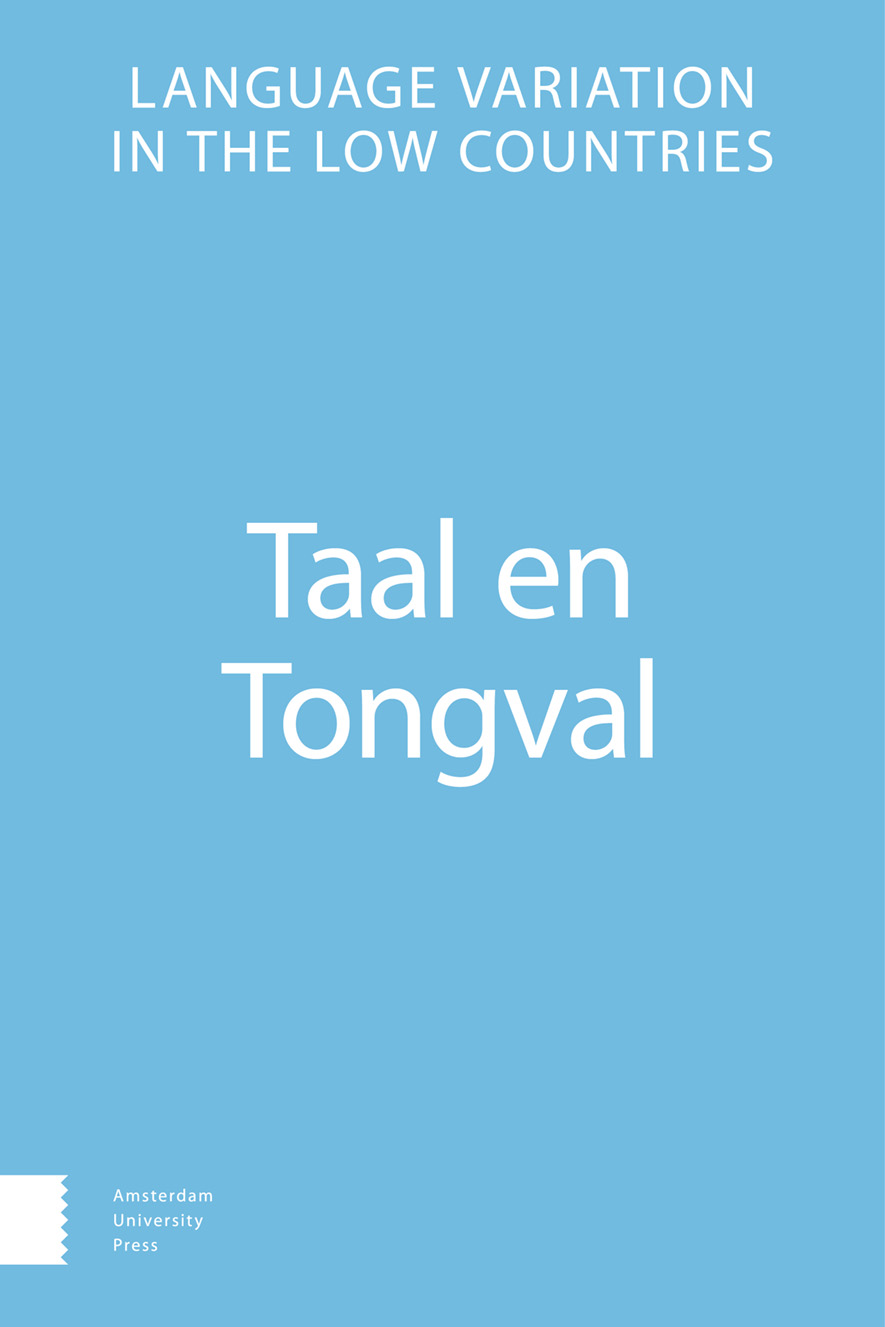-
oa Medeklinkerwisseling tussen enkel- en meervoudsvormen
Een combinatie van spellingsbeginselen
- Amsterdam University Press
- Source: Taal en Tongval, Volume 73, Issue 2, dec. 2021, p. 137 - 166
-
- 01 dec. 2021
Samenvatting
Consonant change between singular and plural forms: A combination of spelling principles
In modern Dutch the spelling principle of uniformity dictates that the singular form of plural nouns ending in -den and -ben, such as landen, ribben, are systematically written with voiced consonants (land, rib), although the final consonants are pronounced voiceless. However, the voiced consonants of plural nouns ending in -zen and -ven (huizen, duiven) are in the singular changed into voiceless consonants, following the pronunciation and leading to the spelling huis, duif etc. Yet, this rule is not systematic: there are many cases where for instance singular and plural both show a voiceless consonant, for example paraaf-parafen, kous-kousen. In this article we examine what caused the difference in spelling rules, and we try to find an explanation for the exceptions to the rule. For this we examine the effect of various factors: the origin of the pairs of voiced and voiceless consonants, the influence of pronunciation, dialect difference, grammatical features as inflection and gender, the spelling principle of uniformity, and the etymological origin of the words concerned. It appears that the current spelling rules can be traced back to a combination of changes in pronunciation and the spelling principle of uniformity, while all exceptions can be explained by the etymology of the words concerned.


